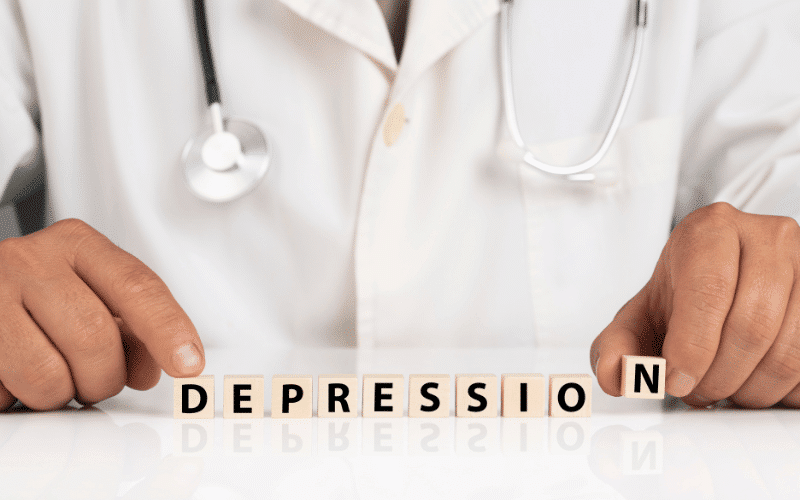Introduction: Shedding Light on Depression
Depression is a prevalent and often misunderstood mental health disorder affecting millions of people worldwide. Recognizing the signs of depression is vital for getting the right treatment and support. In this article, we will explore 15 symptoms of depression and discuss various signs that may indicate you or a loved one is struggling with this debilitating condition. Understanding these symptoms is the first step toward reclaiming control of your life and finding the help you need.
The World Health Organization (WHO) estimates that more than 264 million people of all ages suffer from depression globally. It is essential to know that depression is more than just feeling sad or experiencing a temporary low mood. It is a complex mental health disorder with a range of symptoms, causes, and effects on an individual’s life. It’s important to recognize the signs of depression early, as timely intervention can lead to better outcomes and improved quality of life.
Depression can impact anyone, regardless of age, gender, or background. However, certain factors, such as a family history of depression, experiencing trauma or stressful events, and having other mental health conditions, can increase the risk of developing depression. In this article, we will delve deeper into the various symptoms of depression to help you better understand and identify them.

Symptom 1. Persistent Sadness or Hopelessness
A persistent feeling of sadness or hopelessness lasting for at least two weeks is one of the most noticeable symptoms of depression. This feeling may be accompanied by a loss of interest in activities you once enjoyed, making daily tasks seem overwhelming. It’s essential to remember that everyone feels sad or down from time to time, but when these feelings become a constant part of your life, it may be a sign of depression.
People experiencing this symptom might find themselves crying more often, even without a specific reason. They might also feel a sense of emptiness and struggle to find any joy or pleasure in life. This emotional pain can be all-consuming, making it difficult to focus on anything else.
In some cases, persistent sadness or hopelessness can manifest as irritability or anger. You might find yourself snapping at loved ones or getting frustrated over seemingly trivial matters. It’s essential to recognize that this emotional turmoil is a sign of a deeper issue and not just a bad mood.
If you or someone you know is experiencing persistent sadness or hopelessness, it’s important to seek help from a mental health professional. Treatment options, such as therapy or medication, can provide relief and help manage these overwhelming emotions. (1)